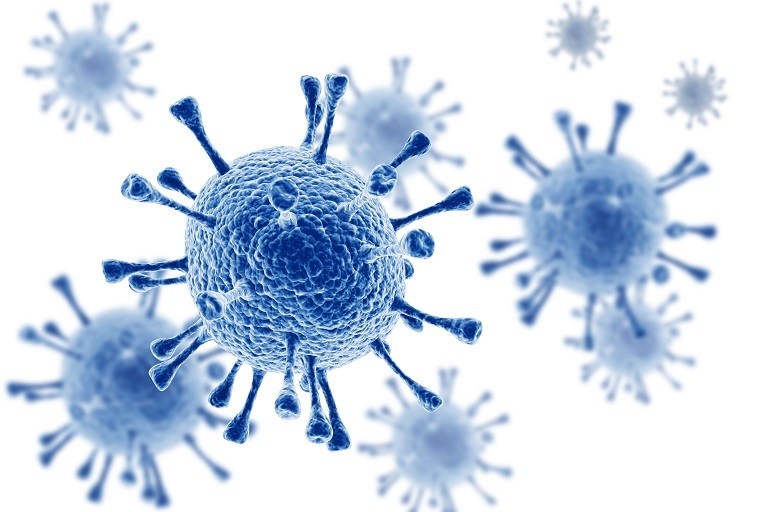

Acquired immunodeficiency syndrome (AIDS) is a chronic, potentially life-threatening condition caused by the human immunodeficiency virus (HIV). By damaging the immune system, HIV interferes with the body’s ability to fight the organisms that cause disease.
HIV is a sexually transmitted infection and can also be spread by contact with infected blood or from mother to child during pregnancy, childbirth, or breast-feeding. Without medication, HIV gradually weakens the immune system to the point that an infected individual may develop AIDS.
Burden
Approximately 1.1 million people in the US are living with HIV today. About 15 percent of them (1 in 7) are unaware they are infected. An estimated 38,000 people became newly infected with HIV in the US each year.
AIDS Symptoms
HIV infection happens in three stages. Without treatment, it gets worse over time and eventually overpowers the immune system. Symptoms depend on the stage (Acute, Clinical Latency, AIDS).
AIDS Prevention
Various strategies are available to prevent HIV including correctly using condoms during sex, limiting the number of sexual partners, never sharing needles, and abstinence (not having sex). Individuals who are at risk for HIV can protect themselves through pre-exposure prophylaxis (PrEP)—taking daily antiretroviral medicines (ART) before being exposed to the HIV virus. Individuals who think they may have been exposed to HIV should talk to a healthcare professional about post-exposure prophylaxis (PEP)—taking ART after being exposed to prevent becoming infected.
If you have HIV, there are actions you can take to avoid transmitting it to others. The most important is taking HIV medicine (ART) as prescribed. If you take HIV medicine as prescribed and stay virally suppressed, you can stay healthy and have effectively no risk of transmitting HIV to an HIV-negative sex partner.
Treatment
There is currently no cure for HIV/AIDS, but there are medications that can slow the progression of the disease. These drugs have reduced AIDS deaths in many developed nations.
more recommended stories
 Nanoplastics in Brain Tissue and Neurological Risk
Nanoplastics in Brain Tissue and Neurological RiskKey Takeaways for HCPs Nanoplastics are.
 AI Predicts Chronic GVHD Risk After Stem Cell Transplant
AI Predicts Chronic GVHD Risk After Stem Cell TransplantKey Takeaways A new AI-driven tool,.
 Red Meat Consumption Linked to Higher Diabetes Odds
Red Meat Consumption Linked to Higher Diabetes OddsKey Takeaways Higher intake of total,.
 Pediatric Crohn’s Disease Microbial Signature Identified
Pediatric Crohn’s Disease Microbial Signature IdentifiedKey Points at a Glance NYU.
 Nanovaccine Design Boosts Immune Attack on HPV Tumors
Nanovaccine Design Boosts Immune Attack on HPV TumorsKey Highlights Reconfiguring peptide orientation significantly.
 High-Fat Diets Cause Damage to Metabolic Health
High-Fat Diets Cause Damage to Metabolic HealthKey Points Takeaways High-fat and ketogenic.
 Acute Ischemic Stroke: New Evidence for Neuroprotection
Acute Ischemic Stroke: New Evidence for NeuroprotectionKey Highlights A Phase III clinical.
 Statins Rarely Cause Side Effects, Large Trials Show
Statins Rarely Cause Side Effects, Large Trials ShowKey Points at a Glance Large.
 Anxiety Reduction and Emotional Support on Social Media
Anxiety Reduction and Emotional Support on Social MediaKey Summary Anxiety commonly begins in.
 Liquid Biopsy Measures Epigenetic Instability in Cancer
Liquid Biopsy Measures Epigenetic Instability in CancerKey Takeaways Johns Hopkins researchers developed.

Leave a Comment